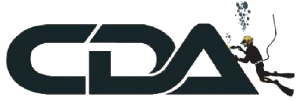HOW MUCH DO NEW DIVERS MAKE?
The salaries of commercial divers vary a lot depending on the choice of specific occupation and whether they are onshore or offshore.
onshore Divers, work in a wide variety of tasks, resulting in different pros and cons in regards to remuneration and benefits.
The most common occupations onshore in Australia are, Aquaculture, Civil and Construction as well as the various sciences. Some of these, divers work as contractors and others divers work as employees. the benefits of both options as well as the common entry salaries for each will be discussed below.
Offshore Divers in Australia make a killing. Maybe that seems like a dramatic usage of words, yet it is true, the union rate for offshore divers is staggering and it pays dividends to work towards getting offshore for at least one dive stint.
Saturation (ADAS Part Four Divers, Closed Bell) divers are even higher again, to a sat diver, perhaps offshore air divers, are not paid too much. Sat divers are away laughing all the way to the bank.
There is a lot of money to be made diving. Which is great, for most, you are out doing something you love and you are getting paid for it.
Take the most expensive dive trip that you have paid to enjoy, now imagine the smile you would have if you didn’t pay to play, but got paid to play. That is commercial diving.
The Commercial Dive Academy we have contacts through out all of the potential dive industries, and will help you find work that suits the lifestyle you would like to live.
No matter where you want to work, we will aid you in finding the best possible job to meet your needs.
Below is a brief outline, on specific starting salaries for different industries.

Aquaculture Diver
$80,000 PA
An Aquaculture diver is a diver who supports the production of farmed marine species such as Salmon, or Tuna. An Aquaculture diver usually has the benefit of being a salaried employee – think holiday pay, superannuation etc.
First year Aquaculture divers in Tasmania, often receive a base pay (salary), and then performance based compensation (payment per dive). Typically the base pay can range within $50-60k a year and then is supplemented by per dive completed plus over time.
It is expected that most first year divers, should make about $80,000 a year working at either Tassal or Petuna, depending on the amount of diving and overtime worked.
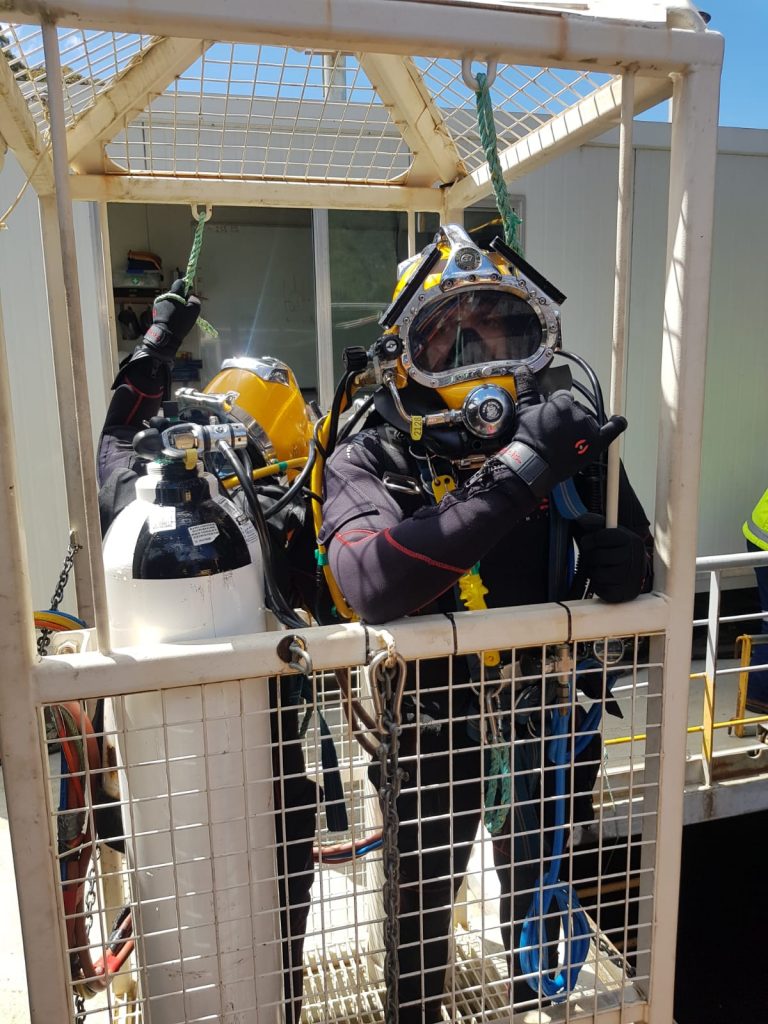


Construction Diver
$400+ Daily
An onshore construction diver is a diver who works inland up to maximum depths of around 50 meters. For a first year diver, you will usually be a contract worker, though salaried is not uncommon either. Wages are often paid by a day rate or hourly depending on the company and contract. A common hourly rate for a fresh diver is $40 an hour with a lot of our graduates starting with these roles. The larger contractors typically pay between $400 and $500 a day, with top up for night shift and over time. On night shift, it is not uncommon for these contractors to pay around $800 a day. As a fresh diver, it is unheard of to get a job with these large contractors straight out of school with a part two certificate. You will need part three to have a shot at the higher paying roles.
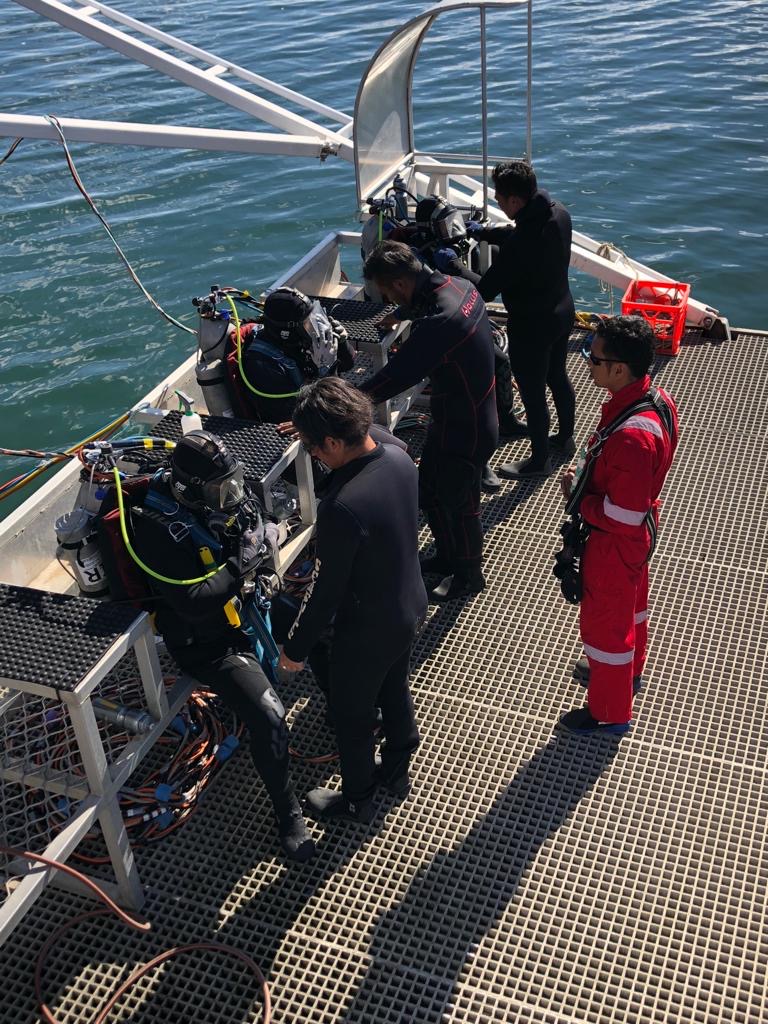

Scientific Diver
Varied
A Scientific Divers job is to conduct research. Compensation is often not linked to their diving ability but to their specific researchers role. As such qualifying to become a scientific diver by completing the ADAS Part 1R course may not generate a great salary boost, but instead is a requirement of the job to ensure the researchers diving basic diving capabilities.

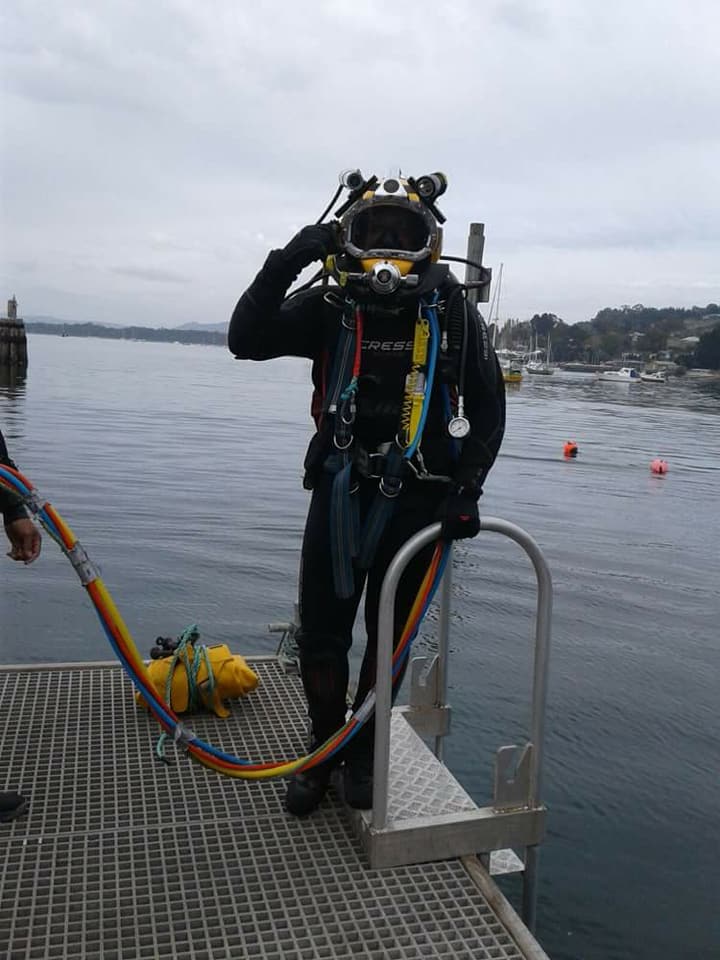


Offshore Diver
$1500+ Daily
The offshore divers have a very strong union that have increased expected earnings dramatically. A first time offshore diver in Australia, should earn more than $1,500 a day.
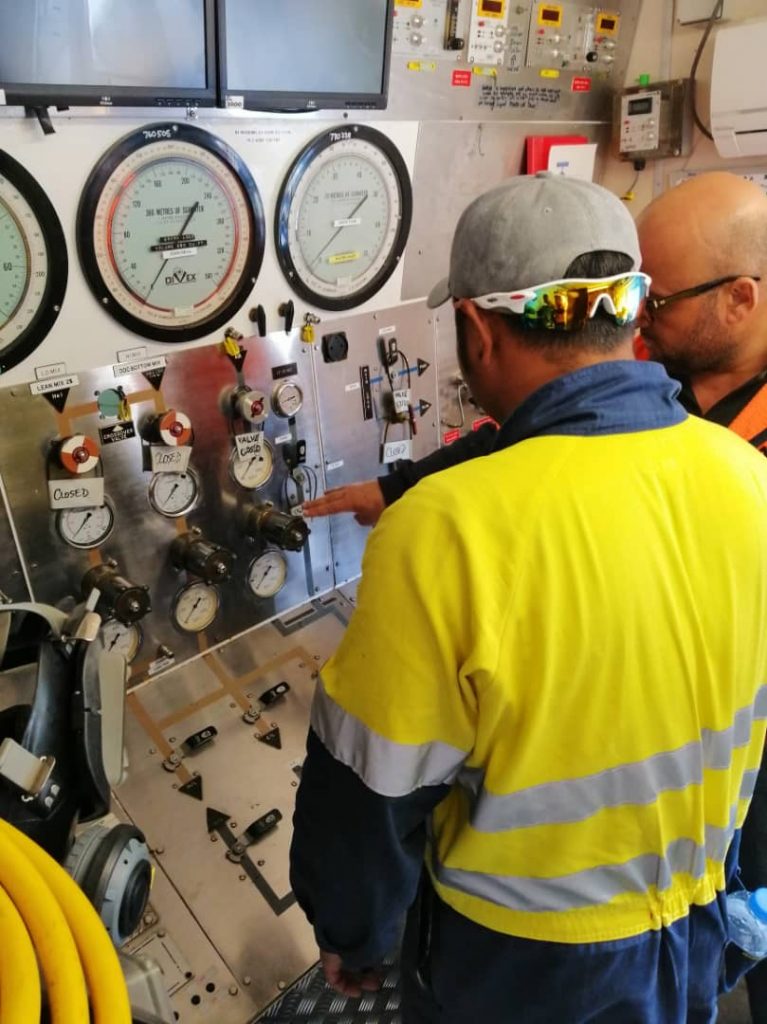

Saturation DIver
$3000+ Daily

A closed Bell diver is the peak of diving. whilst, you are not new to the industry as you have been a part three diver for at least one year to do the course, you will still have your first sat job. You should earn in Australia no less and potentially much more than $3,000 a day.Saturation diving requires a high level of skill and certification and and is therefore divers are well compensated. Completing CDA’s Part 4 (Closed Bell Diver) and having this internationally recognised qualification under your belt should be some what of an end goal for aspiring commercial diver.


